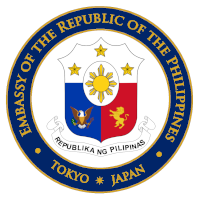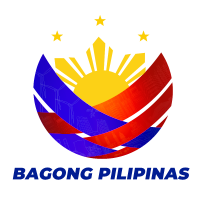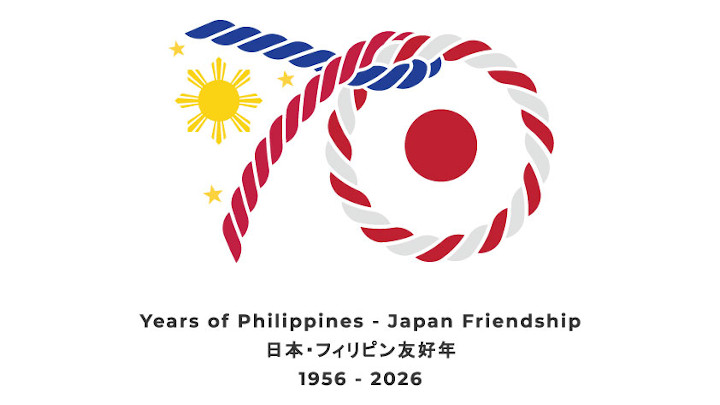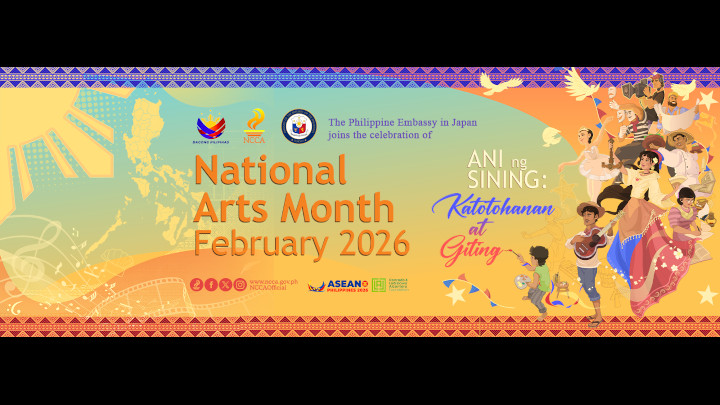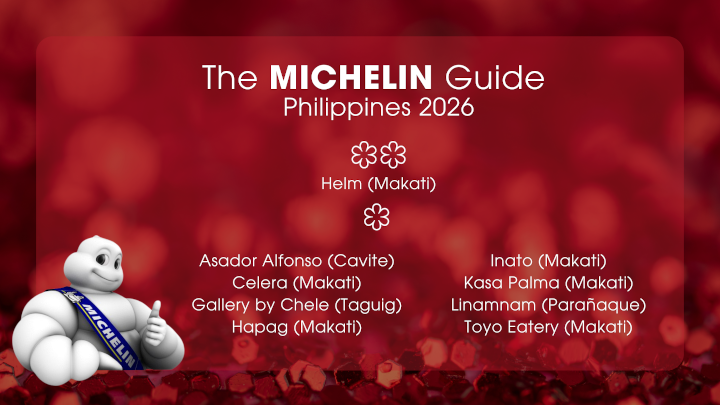President Benigno S. Aquino III Participates in APEC 2010 in Yokohama
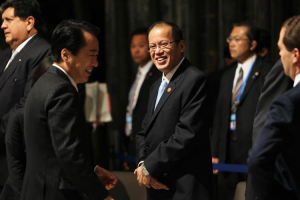
The President exchanges pleasantries with Prime Minister Naoto Kan of Japan before the start of the Leaders’ Retreat Session 2 of the 18th Asia Pacific Economic Cooperation (APEC) Leaders’ Meeting on Sunday (Nov 14) at the Intercontinental Yokohama Grand Hotel. (Photo by: Jay Morales/ Malacañang Photo Bureau).
President Benigno S. Aquino III visited Japan to participate in the 18th Asia-Pacific Economic Conference (APEC) Economic Leaders Meeting held on 12-14 November 2010 in Yokohama. APEC is the premier economic forum in the Asia-Pacific region. Under Bogor Goals, APEC has set target dates for free and open trade no later than the year 2010 for industrialized economies and 2020 for developing economies.
The President was accompanied by Secretary of Foreign Affairs Alberto G. Romulo, Secretary of Finance Cesar V. Purisima, Secretary of Energy Rene Almendras, Presidential Management Staff head Julia Abad and Presidential Communications Development and Strategic Planning head Ramon A. Carandang.
During the Yokohama Meeting, the President called on the 21 member economies of APEC to speed up the creation of a Free Trade Area of the Asia Pacific (FTAAP) by building on the existing ASEAN regional integration plan.
“We can view the different APEC economies as individual building blocks, which need to be assembled to create a single Free Trade Area of the Asia Pacific. But with Free Trade Agreements already in place such as the ASEAN Plus Three, ASEAN Plus Six and Trans Pacific Partnership, we can see that some of these individual building blocks have already been assembled into larger structures,” he said.
The President stressed that it would be more practical to add on to these groupings instead of assembling the individual building blocks from scratch. According to the President, “If we build upon the gains of the past decade, then the vision of a free trade area in the Asia Pacific can be achieved sooner rather than later.
The President cited the Philippines as a beneficiary from the more open environment for trade and investments. He said that the country’s economic growth is expected to exceed the initial 6.2 percent projection, and continue next year, while the Philippine stock market has been the best performing in Asia this year.
The President noted, however, that integration would require internal adjustments, especially for developing countries. “As economies open up, there will be winners and losers, at least in the short term. The risks and downsides must be anticipated and managed. Capacities must be built,” the President said.
At the end of their meeting, the 21 Leaders of APEC adopted a Joint Declaration, agreeing to work on realizing an FTAAP to advance regional economic integration and achieve the goals of free and open trade and investments in the region.
To pursue these goals, the APEC Leaders committed to lessen barriers to trade by improving regulatory cooperation and practices, and strengthen economic and technical cooperation particularly for developing economies to improve their capabilities for trade and investment liberalization.
The Leaders also agreed to improve movement of goods and services by implementing the APEC Supply-Chain Connectivity Framework Action Plan, and to ease doing business in the region by making their respective domestic policies and procedures more transparent in five priority areas: starting a business, getting credit, trading across borders, enforcing contracts and dealing with permits.
